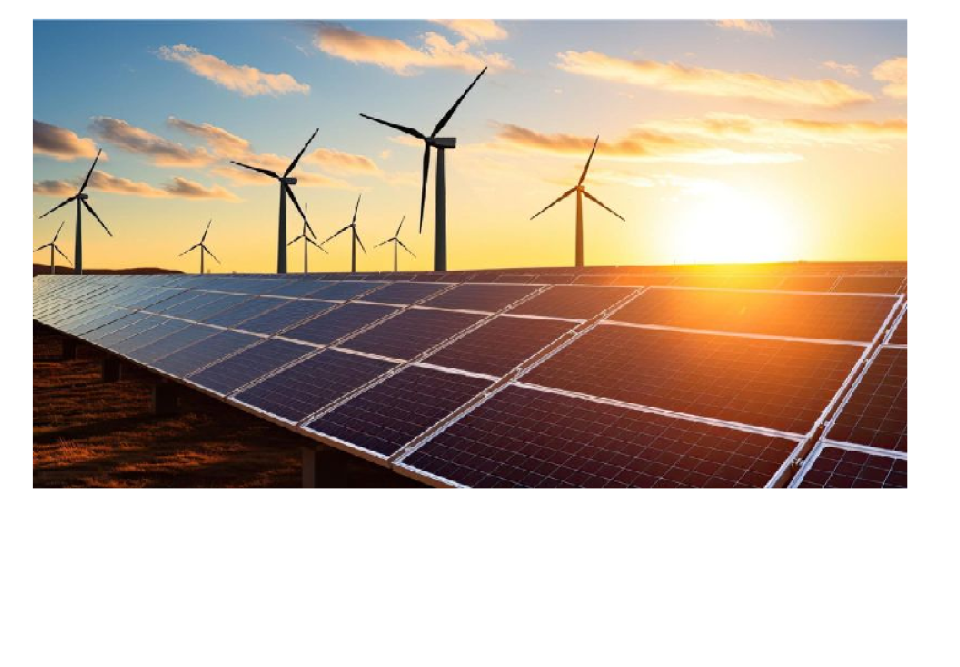- Governments must make clean energy technologies more accessible where needed without any upfront costs, IEA’s findings
- Speeding up the move to clean energy technologies improves affordability of energy and can relieve pressures on the cost of living more broadly, IEA’s recent special report had submitted.
According to the report, “Strategies for Affordable and Fair Clean Energy Transitions”, has shown that putting the world on track to meet net zero emissions by 2050 requires additional investment while also reducing the operating costs of the global energy system by more than half over the next decade, compared with a trajectory based on the existing policy settings. It adds that the net result will usually be more affordable resulting into a fairer energy system for consumers.
The report further highlights that in a number of cases, clean energy technologies have appeared costlier in terms of competitiveness over their lifespans than those reliant on conventional fuels like coal, natural gas and oil.
It adds that realizing the gains of clean energy transitions will significantly hinge on unlocking higher levels of upfront investment especially in the emerging and developing economies where clean energy investments are lagging.
According to the report, distortions in the present global energy system in the form of fossil fuel subsidies continue to favour incumbent fuels while making investments in clean energy transitions more challenging.
“The data makes it clear that the quicker you move on clean energy transitions, the more cost effective it is for governments, businesses and households,” says IEA Executive Director Fatih Birol. “If policy makers and industry leaders put off action and spending today, we will all end up paying more tomorrow.”
The report further added that incentives and greater support, particularly targeted at poorer households, could spring up improvement in the uptake of clean energy technologies.
In setting out a series of strategies for positive engagement, the report noted that drawing on proven policies from countries around the world, governments can deploy to make clean technologies more accessible. It includes delivering energy efficiency retrofit programmes to low-income households, providing room for affordable clean transport options, as well as using carbon price revenues to tackle potential social inequities during energy transitions.
Policy intervention the report added would be critical in addressing the stark inequalities that already exist in the current energy system, where affordable and sustainable energy technologies are out of reach for many people.
The associated danger for neglect to the keys enunciated above the report reveals would mean to accept the risk of a long term and unmitigated price shocks in clean energy transitions, exacerbated by a shift to a more electrified energy system which will inevitably bring a new set of hazards into play.
“Power systems are vulnerable to an increase in extreme weather events and cyberattacks”, so making adequate investments in resilience and digital security crucial is required, the report concludes.

